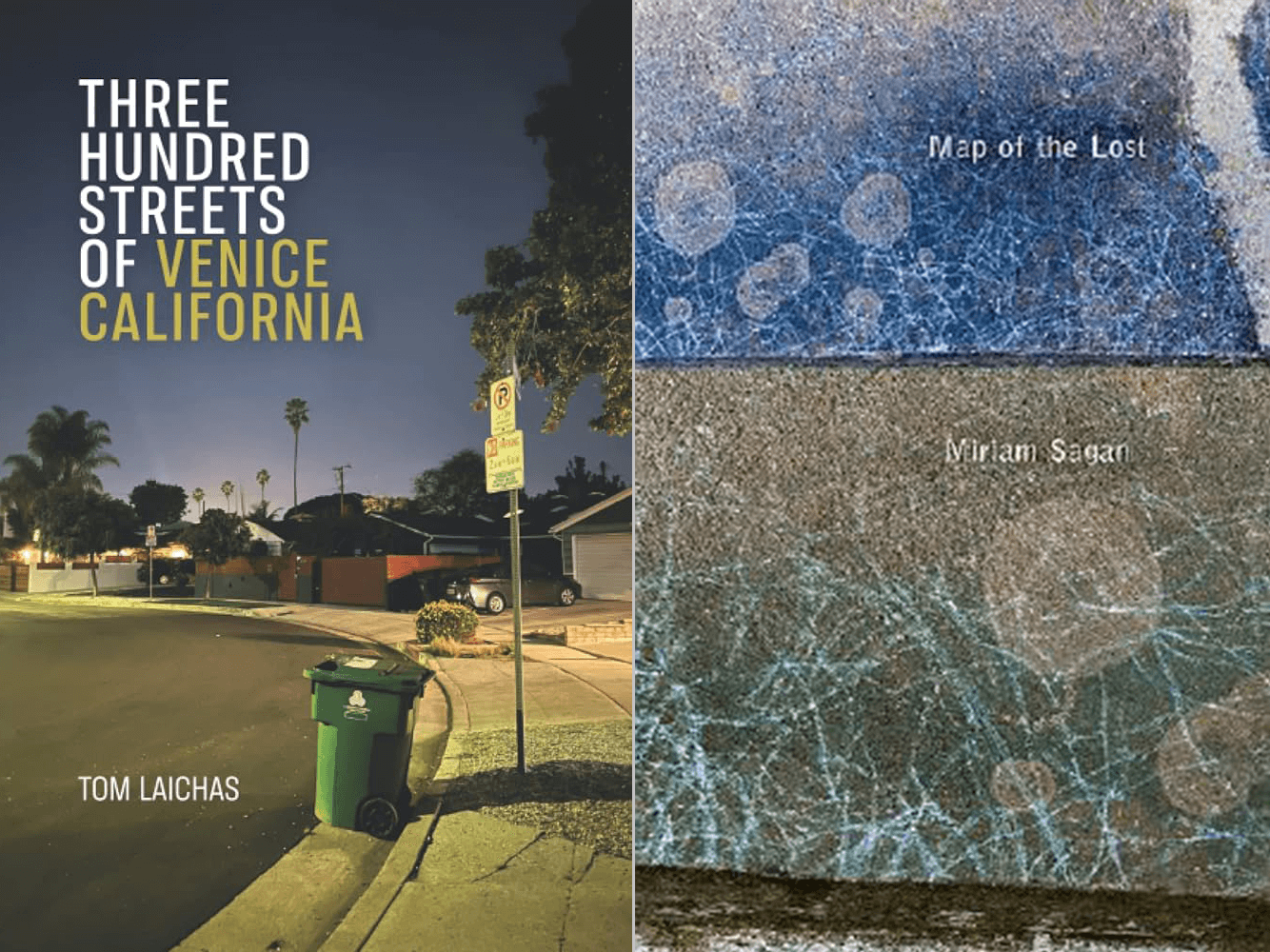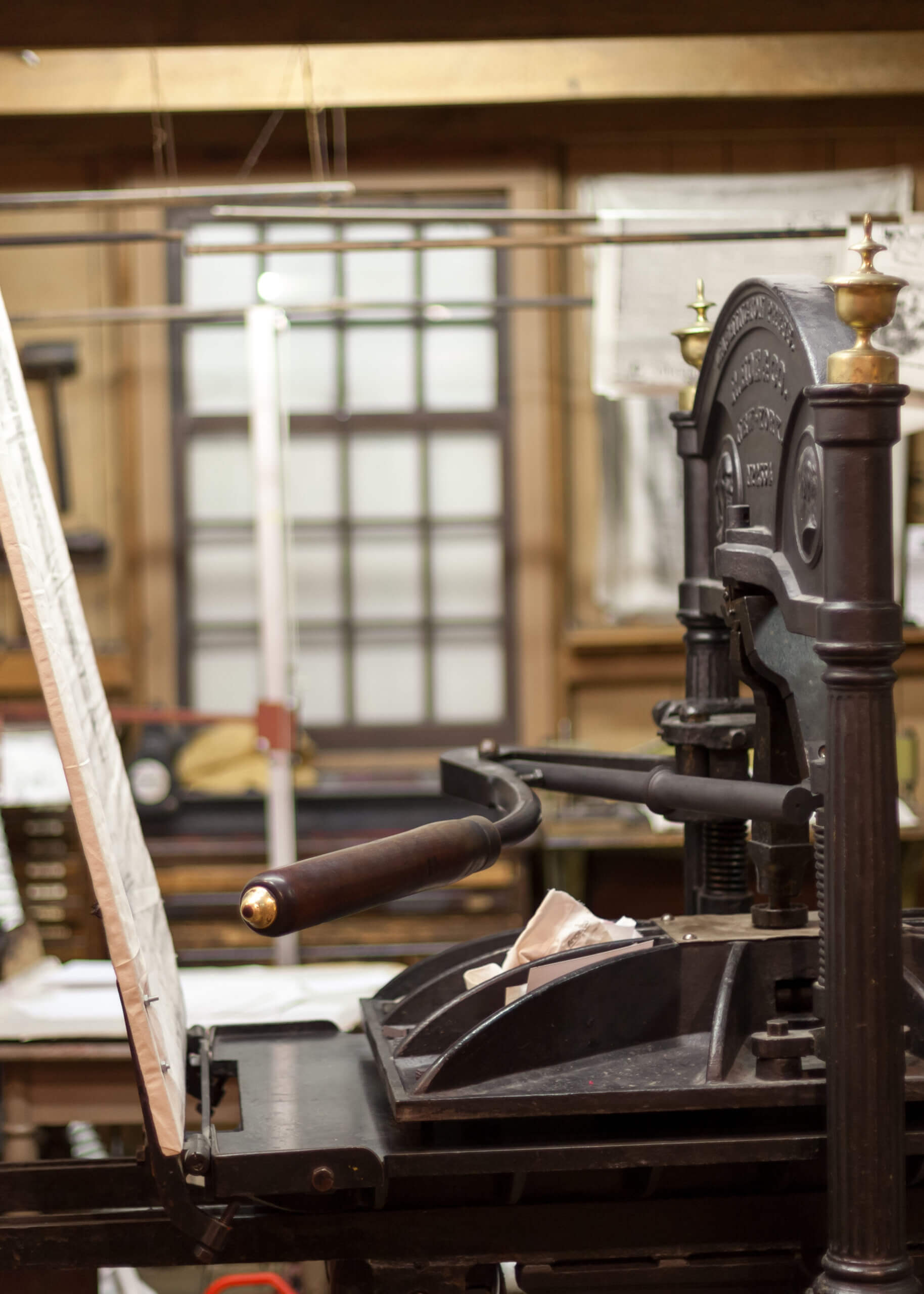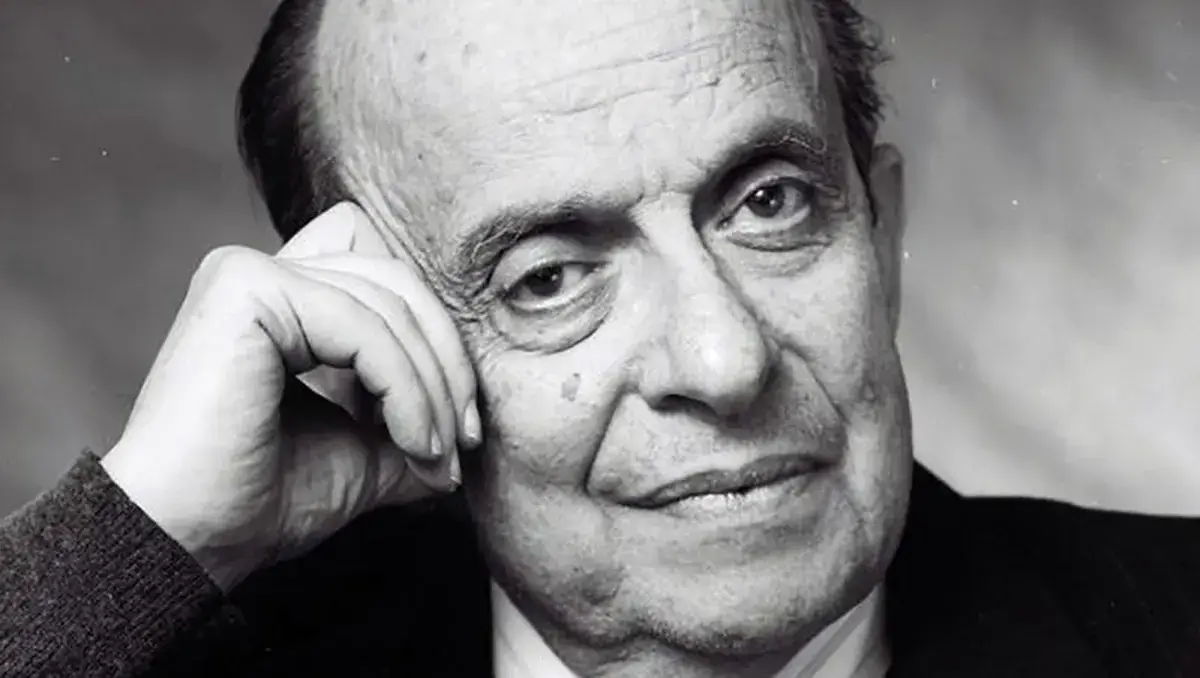Letter from Paris
By Katy Masuga
Salut au monde! As expected this time of year and this time of evening and this place in the world, the sky is an incredible ivory blue and, yes, the clouds themselves are a luminescent pink strung across the vast yet controlled open space, encapsulated on the edges by centuries– and even millennia-old neighborhoods, like cotton candy pulled between sticky fingers or even just stretched cotton itself, in the way that it floats whimsically atop fields drifting with the breeze falling and rising and leaving parts of its body behind, spreading itself interminably among the numerous dark, dry stems and burnt, crackling leaves.
The cylindrical chimneys, the skeletal antennae, the angular edges to the Haussmannian grey roofs draw a sharp, silhouetted periphery that naturally evokes so many past incantations of this provincial city, in film, in photography, in art and literature, in imagination. It has been 100 years since the French taxi drivers helped keep the Germans from taking Paris in the Battle of the Marne. 100 years since Gertrude Stein’s Tender Buttons. 100 years since Picasso’s guitars and Duchamp’s Readymades. And 150 years since Whitman saluted us in reminder of our interconnectivity, Each answering all—each sharing the earth with all.
And you of centuries hence, when you listen to me!
I take my one-year-old daughter for a walk along the Seine and watch the barges slowly slice the river in two, their long lumbering bodies weighted down by so many kilos of sand and concrete or other work material in their deep concave backs that strangely rest below the surface of the water. The tourist riverboats are nearly as long but their cargo is light and they are full of light, but still they do not cruise more swiftly. They are painted bright white and have blinding white and pink and orange lights all along their sides that illuminate the quay walls and buildings at night, but it is not yet dark and the lights are not yet shining. They resemble flattened, lengthened ferryboats with a deck below and a deck above, but no one sits inside this time of year. They are all on top squinting in the newly hot sun, listening to the crackling, reverberating voice from the loudspeakers point out the monuments and provide snippets of history.
The barges and cruisers sound like enormous beasts of prey as they travel past, and my daughter waves and smiles as she does now to everything and everyone. We are in this city by choice and every day we make that choice even when we are not making it, even when we think we have made a different choice, even when we believe we want to make a different choice, even when our hearts are elsewhere and here, our bodies are elsewhere and here, our souls are elsewhere and are also here, and we are in the past and present and future. We are in every city by choice, and Paris is ours for the time being. I see the cities of the earth, and make myself at random a part of them; I am a real Parisian.
About the Author
 Katy Masuga writes fiction and nonfiction, blurring the lines of distinction. She holds a PhD in Comparative Literature from the University of Washington, Seattle, and a Joint-PhD in Literary Theory and Criticism. Her publications include two monographs on Henry Miller, a handful of semi-autobiographical stories on memory, family, and serendipity, and a dozen critical essays ranging in content from Beckett, Wittgenstein, and Blanchot to the history of Shakespeare and Company in Paris to the vegetarian diet of Frankenstein’s Creature. Her influences include Sebald, Woolf, and Borges. She teaches comparative literature at Skidmore College in Paris, with a focus on modernism, particularly the intersections between literature, film and the visual arts.
Katy Masuga writes fiction and nonfiction, blurring the lines of distinction. She holds a PhD in Comparative Literature from the University of Washington, Seattle, and a Joint-PhD in Literary Theory and Criticism. Her publications include two monographs on Henry Miller, a handful of semi-autobiographical stories on memory, family, and serendipity, and a dozen critical essays ranging in content from Beckett, Wittgenstein, and Blanchot to the history of Shakespeare and Company in Paris to the vegetarian diet of Frankenstein’s Creature. Her influences include Sebald, Woolf, and Borges. She teaches comparative literature at Skidmore College in Paris, with a focus on modernism, particularly the intersections between literature, film and the visual arts.



